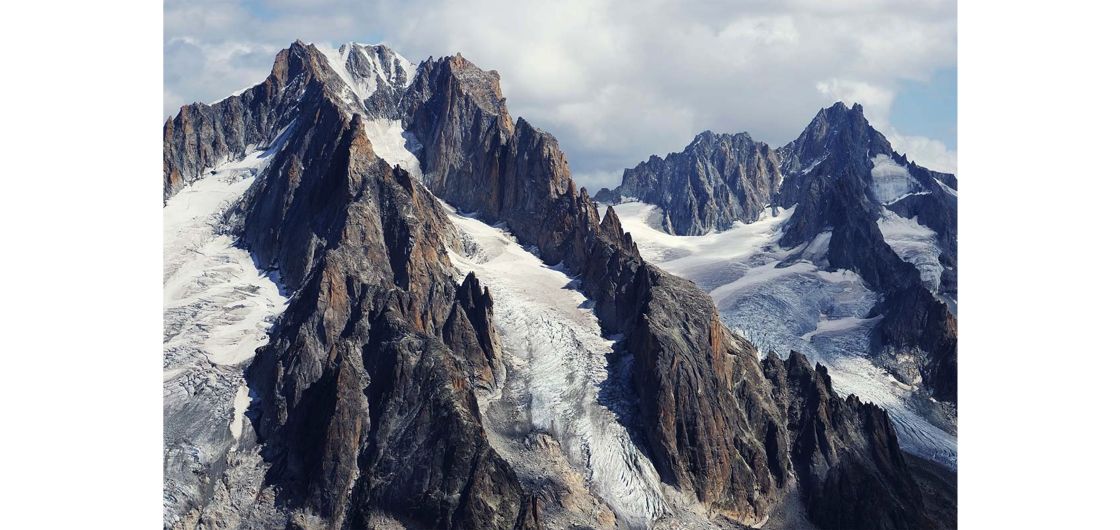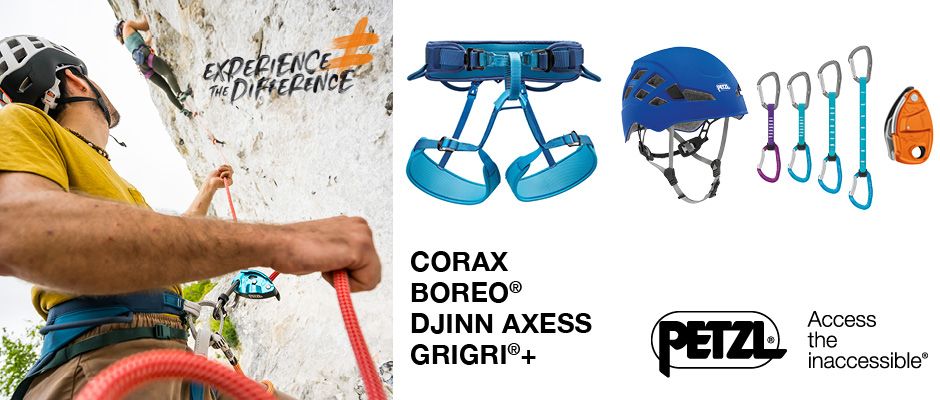
Statement From The French Mountaineering Community
The following article is a slight adaption from a speech given by the mayor of Chamonix, Éric Fournier, at August’s Chamonix Guides Festival. The below is a translation from the original version in French, which is planned to be published in Le Monde.
‘MOUNTAINS MUST REMAIN A SPACE OF FREEDOM IN THE FACE OF THE TEMPTATION TO ARTIFICIALLY SECURE EVERYTHING’
The high temperatures and the drought that are raging this summer throughout France have had a strong impact on the high mountains. With temperatures above zero for several weeks at 4000m altitude, this environment is more affected than others by the effects of global warming.
In this context, the legitimate emotion aroused by tragic accidents inherent to the practice of high mountains has led in recent weeks to the temptation for more restrictive regulations for Alpinism, the introduction of a “permit to ascent” or even a “deposit” to benefit from mountain rescues.
As mountain professionals, elected officials, the French federation of alpine and mountain clubs (FFCAM), alpinism personalities, amateur alpinists, we call collectively to make the choice of responsibility, humility and freedom. These values were the basis for the inscription of Alpinism in UNESCO as an Intangible Cultural Heritage of Humanity in 2019.
It is in this spirit that Gérard Devouassoux, guide and 1st deputy mayor, founded the High Mountain Office (OHM) in Chamonix in 1972, the 50th anniversary of which is being celebrated, following a dark year which left 45 dead on the Mont Blanc range alone. “We must not repress, nor create any kind of obligation. On the contrary, it is necessary to inform about prevention, to put the knowledge of the professionals at the service of the “guide-less” practice, to give information on the punctual state of mountains on the difficulties of each ascent, on the evolution of the meteorological conditions.”
For 50 years, public authorities, mountain professionals, rescuers and scientists, alpine clubs and sports associations have been working together to better prevent accidents by informing, advising, guiding and training without ever falling into the regulating trap.
Throughout the Alps, certain normal access routes to the great emblematic peaks are now strongly discouraged. This does not mean the end of summer alpinism. Faced with climate change, mountain practitioners continue to adapt.
The guides observe, evaluate, advise and renew their offer to continue to offer unforgettable mountain experiences. Alpine clubs, sports associations and amateur alpinists are taking the same path of adaptation and accountability. Many beautiful expeditions remain practicable, sometimes requiring more technique, expertise and experience, while being accessible. Let’s trust those whose job is to assess the conditions every day and decide for the team, to guide on routes where the risk is not increased.
On the need to adapt, let’s not succumb to the communicational escalation to strike people’s minds and threaten the natural desire to explore. Mountains must remain a space of freedom in the face of the temptation of ‘everything safe’. The practice of alpinism cannot be subject to obtaining a permit in the French Alps, the cradle of this centuries-old discipline which has seen its protagonists, amateurs and professionals, shape and transmit a real cultural heritage, an art of to live fleetingly in a hostile nature, to clear a way there for the time for even a futile conquest, in freedom and in responsibility.
Let’s defend the current French rescue model. It is the nobility of our choice of society, of the social redistribution of its richness and the devotedness of each of its bodies, to allow everyone to be able to benefit from assistance in all circumstances in everyday life or leisure. No cautionary deposit nor authorisation, rather prevention, transmission and self-responsibility.
A risk-free society would no longer have any reason to form a body. To be able to accept the risk, to commit to face it, to tend to reduce it without ever completely taming it, such is the greatness of the the alpinist’s task.
Tribune co-signed on 29 August 2022
Éric Fournier: Mayor of Chamonix
Olivier Greber: President Compagnie des Guides de Chamonix
Bénédicte Cazanave: President Federation Française des Clubs Alpins et de Montagne
Christian Trommsdorff: President Groupe de Haute Montagne
Julien Bailly: President of La Chamoniarde prevention and mountain rescue company
Claude Eckhardt: Honorary Member, UIAA
This article originally appeared on the UIAA website.
